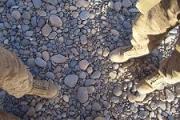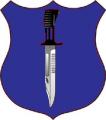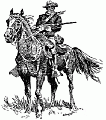Lots of UK battalions, over 30 years, used to go from Germany, where they were mech, to do a 4 month light forces tour in Northern Ireland doing ... COIN!!
MRAPs may well prove their worth in Big wars, which will almost be certainly followed by some other type of conflict. You need to be able to do both, and you can. - and some do.















Bookmarks